Does Moisturizer Cause Acne?
Acne is a common skin condition that affects people of all ages. One of the most common misconceptions about acne is that it is caused by not washing your face enough. However, this is not entirely true. One crucial factor that can contribute to the development of acne is using certain skincare products, including moisturizers. In this article, we’ll explore the relationship between moisturizers and acne and whether moisturizers can cause acne.
The Importance of Moisturizers
Before we delve into whether moisturizers cause acne, we must understand why moisturizers are essential for the skin. Moisturizers are crucial in keeping the skin hydrated, soft, and supple. In addition, when the skin is adequately moisturized, it can better protect itself from environmental stressors such as pollution, harsh weather conditions, and UV rays.
Moisturizers can also help to regulate the skin’s natural oil production. When the skin is dry, it may produce more oil to compensate for the lack of moisture. This can lead to clogged pores and the development of acne. By keeping the skin adequately hydrated, moisturizers can help to prevent the overproduction of oil and reduce the risk of acne.
The Connection Between Moisturizers and Acne
While moisturizers can benefit the skin, certain types of moisturizers may contribute to the development of acne. Some moisturizers contain ingredients that can clog pores and trigger acne breakouts. These ingredients include:
- Comedogenic Ingredients: Comedogenic ingredients can clog pores and form comedones (blackheads and whiteheads). Some common comedogenic moisturizer ingredients include coconut oil, cocoa butter, and lanolin.
- Occlusive Ingredients: Occlusive ingredients create a barrier on the skin, preventing moisture from escaping. While this can be beneficial for dry skin, it can also lead to clogged pores and the development of acne. Some common occlusive moisturiser ingredients include petrolatum, mineral oil, and silicone.
- Fragrances: Fragrances are often added to moisturizers to make them smell more pleasant. However, perfumes can irritate the skin and trigger acne breakouts in some people.
How to Choose a Moisturizer That Won’t Cause Acne
If you’re prone to acne, choosing a moisturizer that won’t clog your pores or trigger breakouts is essential. Here are some tips for choosing a moisturizer that is acne-friendly:
- Look for Non-Comedogenic Products: Choose moisturizers that are labelled “non-comedogenic”. This means they have been formulated not to clog pores and are less likely to cause acne.
- Avoid Occlusive Ingredients: Look for moisturizers that are lightweight and non-greasy. In addition, avoid products that contain occlusive ingredients such as petrolatum and mineral oil.
- Fragrance-Free Products: Choose moisturizers that are fragrance-free to avoid irritation.
Conclusion
In conclusion, moisturizers can play a beneficial role in keeping the skin hydrated and healthy. However, certain types of moisturizers can contribute to the development of acne. If you’re prone to acne, choosing a non-comedogenic, lightweight, and fragrance-free moisturiser is essential. Selecting the right
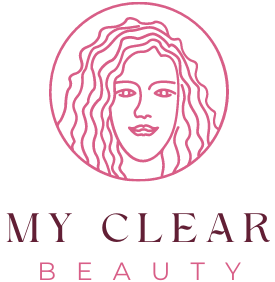
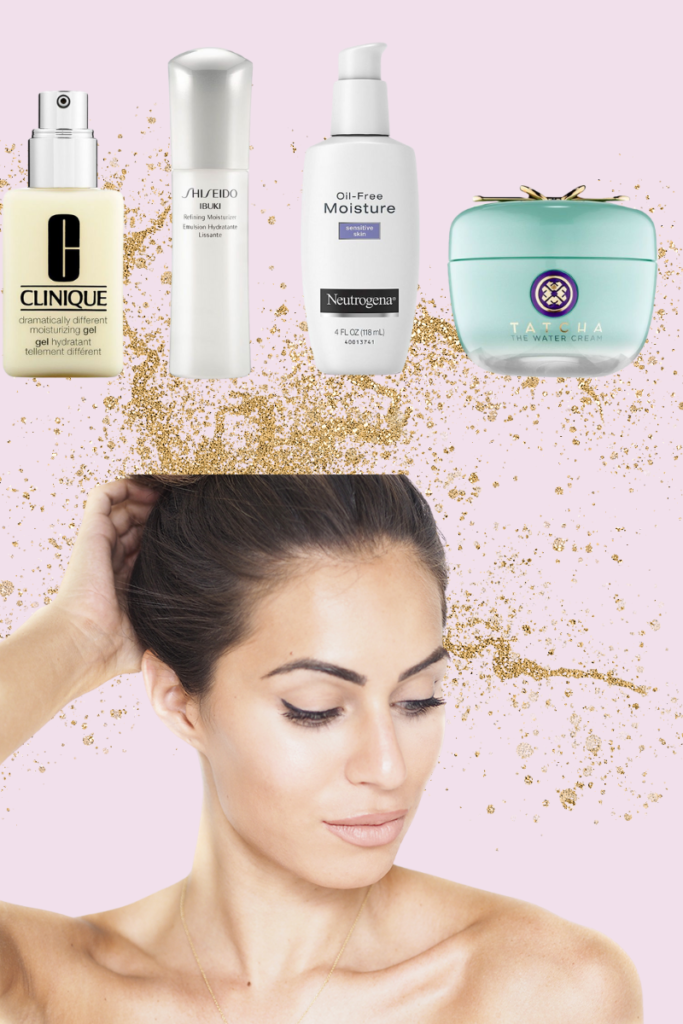
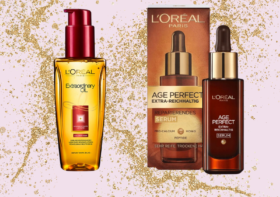
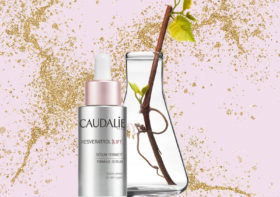
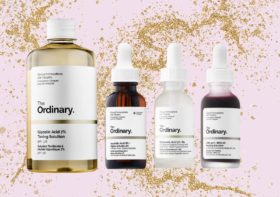
CeraVe Baby Moisturizing Cream | My Clear Beauty
[…] skin. The Cream contains ceramides and hyaluronic acid, which help to soothe, protect, hydrate, and moisturize the skin. It’s gentle, non-irritating, […]